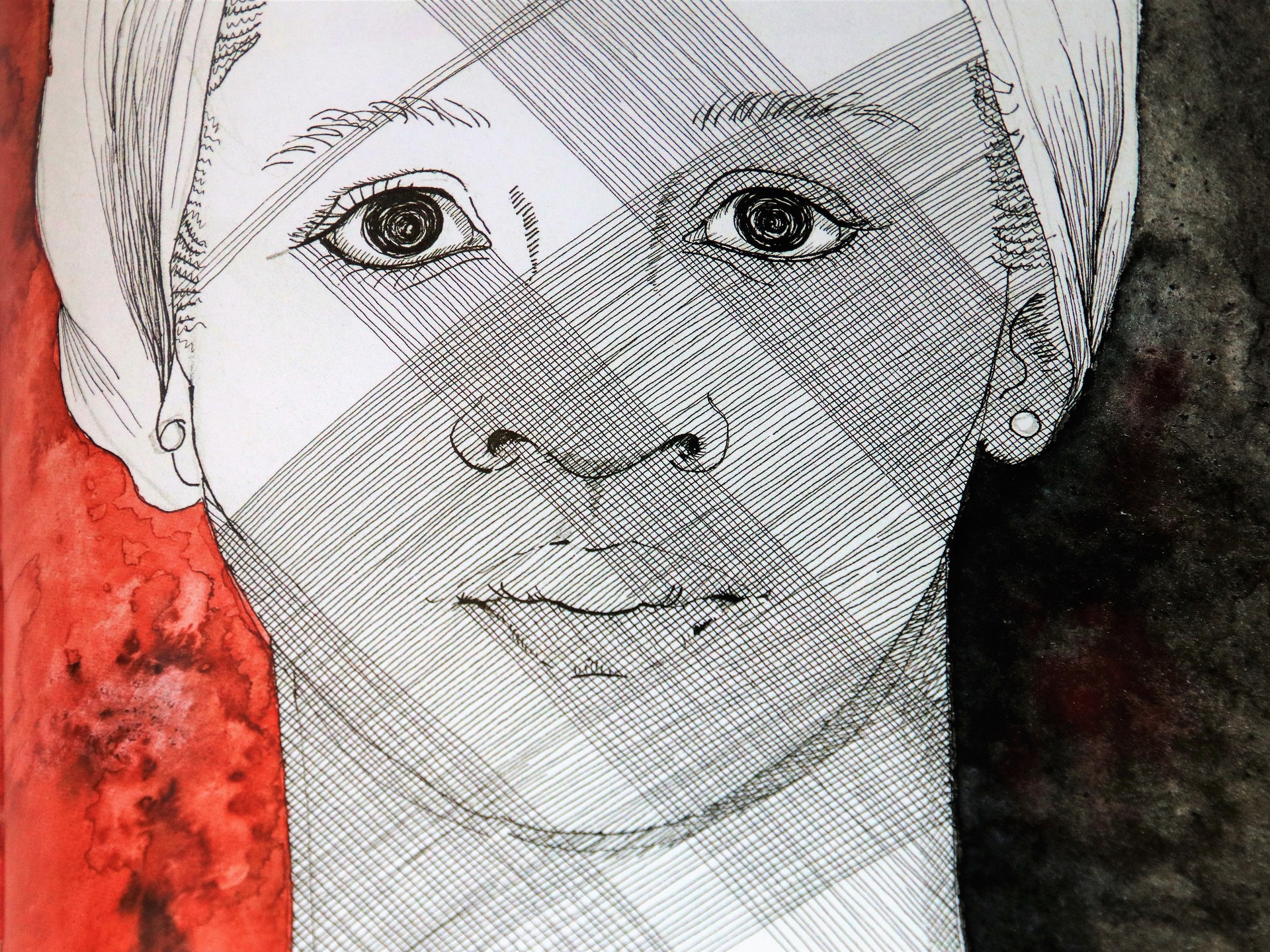It happened this summer.
My entry into the fiasco began with an Instagram DM regarding a post uploaded by my friend Tanya*. The friend who had messaged me was worried that the post would be deemed inconsiderate and insensitive, and asked me to have a word with Tanya.
Since I wasn’t familiar with the content of the post in question, I headed over to her profile to see what the drama was all about. The post contained pictures from a photoshoot held in late 2019.
Now mind you, this was mid-May peak lockdown. Locked inside, we were agitated, irritated and pumped on Dalgona coffee, and our idle minds were skimming the internet for the next big scandal.
I could see why the post had been deemed problematic and knew I had to speak to my friend. Honestly, I didn’t know how to tell her that she should take it down. I had been keeping my distance from social media, hence I wasn’t very up to date with the situation.
I called her in the evening, while trying to decide the right words to use. As it turned out, none of those words were needed.
While I had been enjoying my time away from the internet, Tanya was being massively trolled for the very same post. She was hysterical. Together, we decided to plan our next course of action. The post was taken down and an apology was issued. It was a case of wrong post, wrong time.
One would think this would be the end of it. Sadly, it was far from over.
Now, let’s analyse everything that has been said so far. A post that was deemed insensitive was published. Netizens armed with keyboards and cuss words flooded various social media sites, slandering Tanya’s image and giving their two cents about her character. People, who have never met her in real life, took screenshots of various other posts from her profile and interpreted them completely out of context, demeaning her. Threats were made.
And then, she was cancelled by the internet. Even though she had taken down the post, realised her mistake and put out an apology, none of it mattered.
Also read: ‘I May Destroy You’ and Millennial Cancel Culture
The ordeal went on for more than three days after the post was taken down. No, the internet police didn’t just decide to stop. They stopped when a threat to file for defamation was made against some of the perpetrators.
Time and again, we see the internet whip up a frenzy and cancelling someone for an accidental misstep. Surely, not all are accidental missteps. Some are downright vicious, but is this the answer?
Cancel culture leaves no space for improvement. There’s a movement rallying for justice, but what does the movement do when the subject in question accepts their mistake and is willing to make amends? In case of people accused of sexual violence, money laundering, making death and rape threats – the answer lies with the court.
However, what about allegations of misgendering, appropriating, dehumanising? There are no laws regarding that, and you can’t exactly file a case. And that’s where cancel culture came in. Netizens take it upon themselves to bring the oppressed to justice in the court of the internet. The convicted are then cancelled – and no explanation provided or amends made can change this.
Drawing the fine line
While convicting someone in the internet court of law, for crimes that hinder our evolution as human beings, seems like the solution to matters that are not addressed elsewhere, the need to clearly distinguish what classifies as internet policing and cyberbullying is a must.
Take the above-mentioned case. The person in question took down the offensive post and issued an apology. Yet the trolls refused to step down. The apology was taken apart, deemed half assed and the shaming continued. Was this necessary? How is picking apart a person’s personality, identity and character the solution? How does that make us any better than cyberbullies?
They say to err is human and to forgive is divine. We sure seem to have forgotten the latter.
Also read: Grieving Those We Cancel: A Call For Restorative Culture
The internet police are self-appointed. They are not briefed about sensitivity, how to deal with their fury and what constitutes crossing the line. More often that not, their thirst for justice often overtakes their sense of compassion.
Most of us have felt the afterglow of righteously exercising the little bit of power we have. We are all too quick to take offence now, and have all jumped on the political correctness bandwagon, killing any chance of a clashing of opinions – one of the many ways that society grows.
As human beings, we need to understand that the world is not divided in black and white. In the middle lies a spectrum of grey. There are also rainbows galore. People aren’t inherently born bad. Sometimes situations, poor choices and rash decisions make them make bad choices or out-of-context remarks. However, that does not mean there is no scope for improvement.
And that is the main trouble with cancel culture – once cancelled, there is usually no space left for redemption.
We need to learn to be more vigilant, wise and overall better humans both online and offline. We definitely need to think twice before cancelling someone, for one comment may do more harm than good.
* name changed
Shauna James is a journalist, storyteller and visual artist.
Featured image credit: pasja1000/Pixabay

